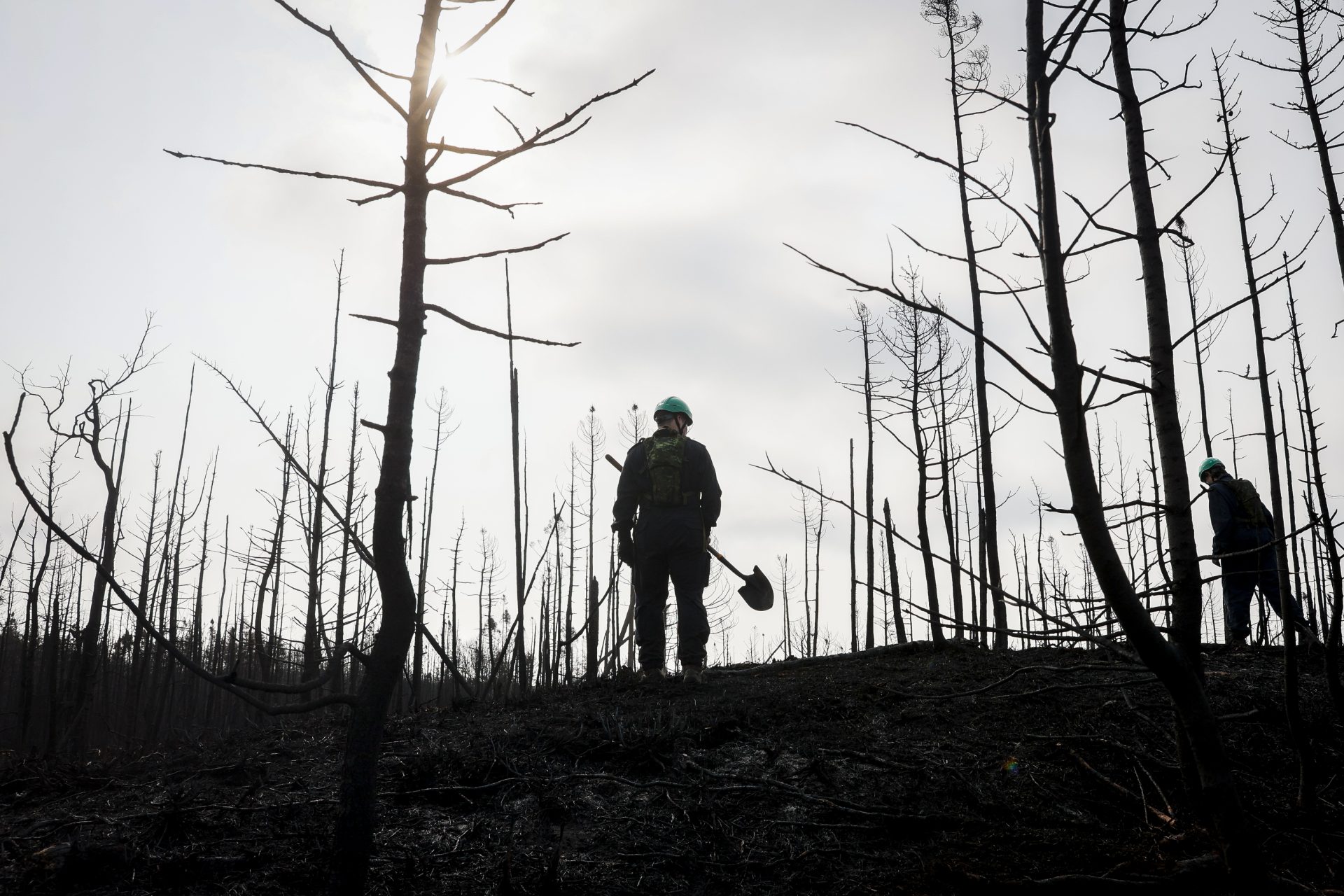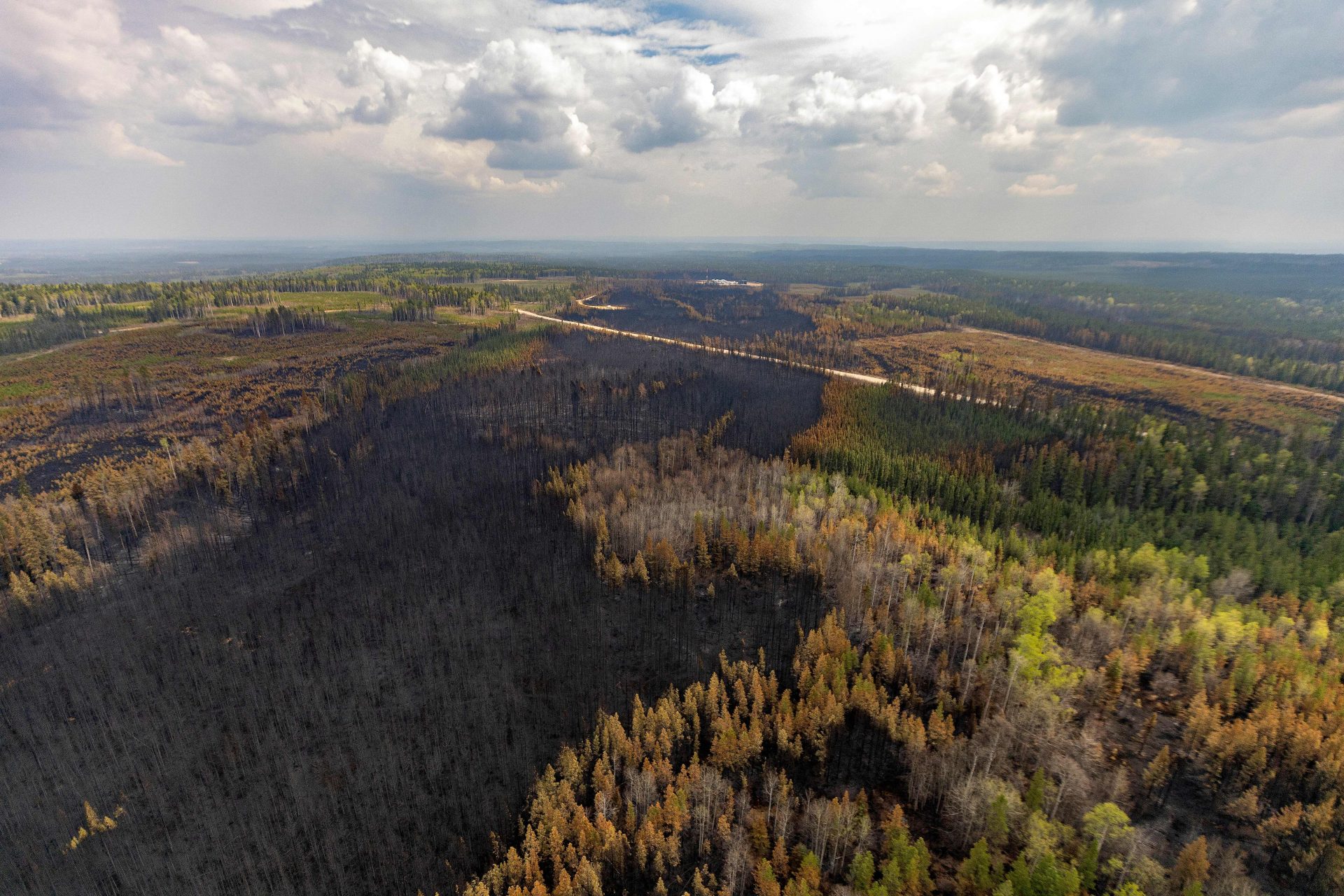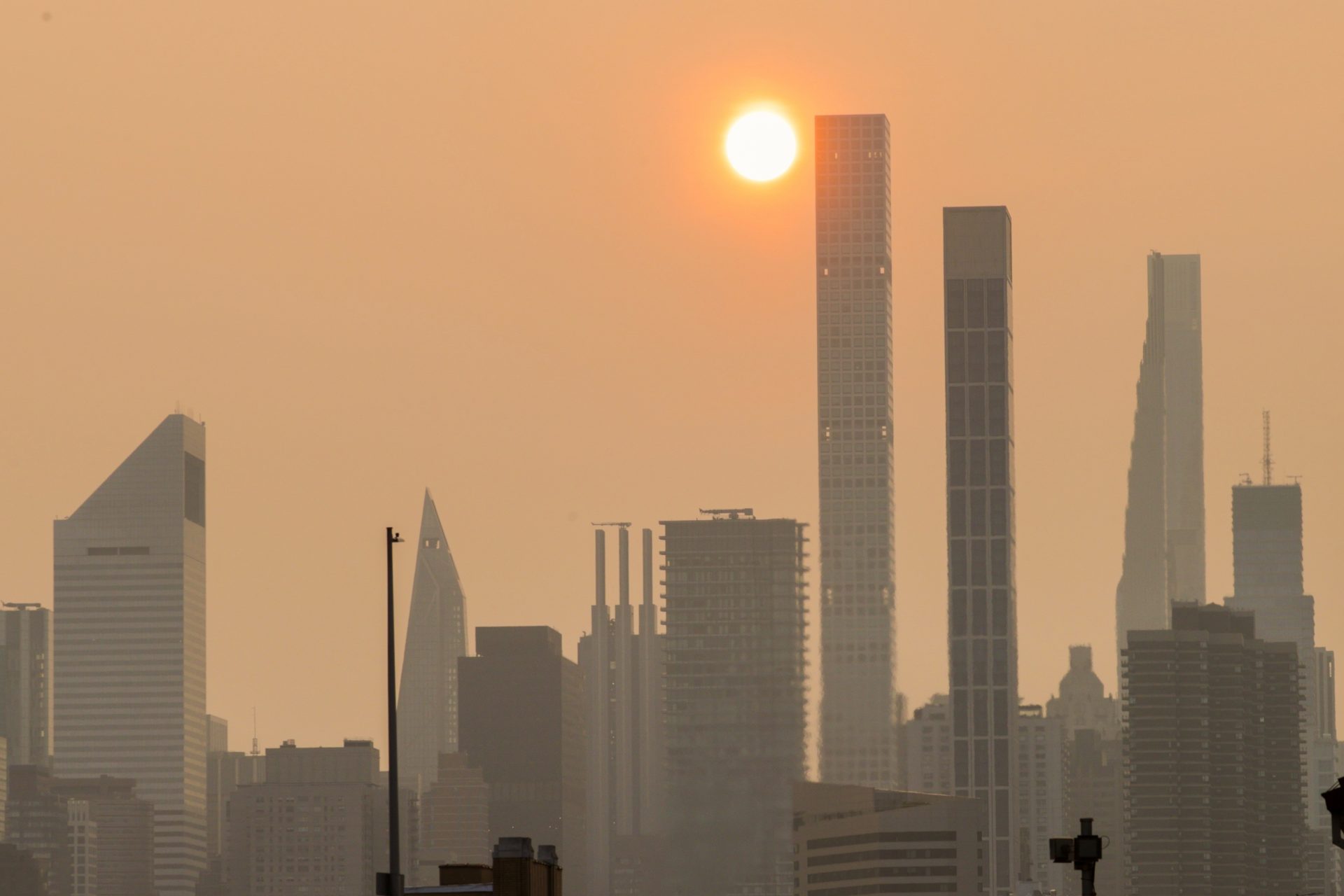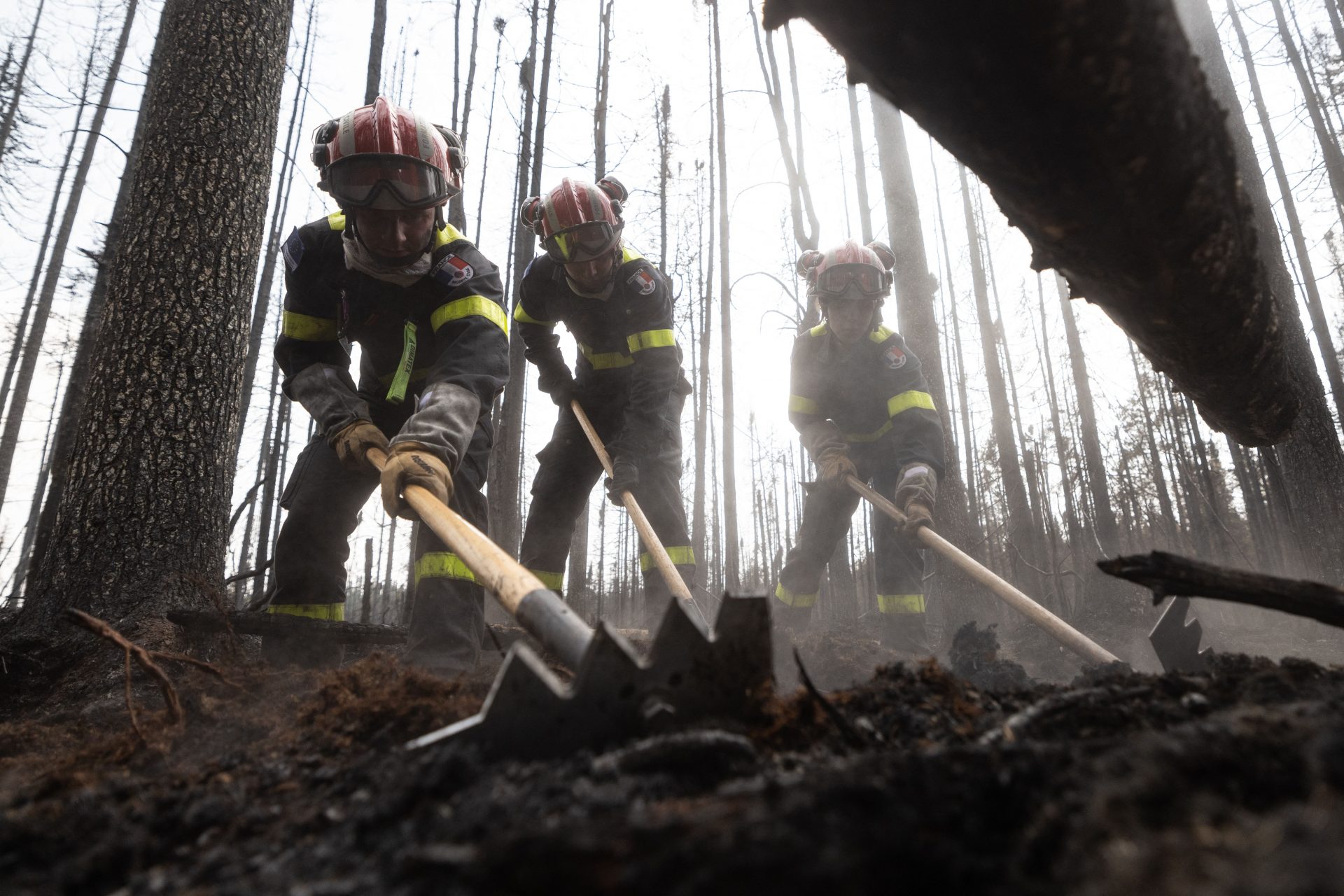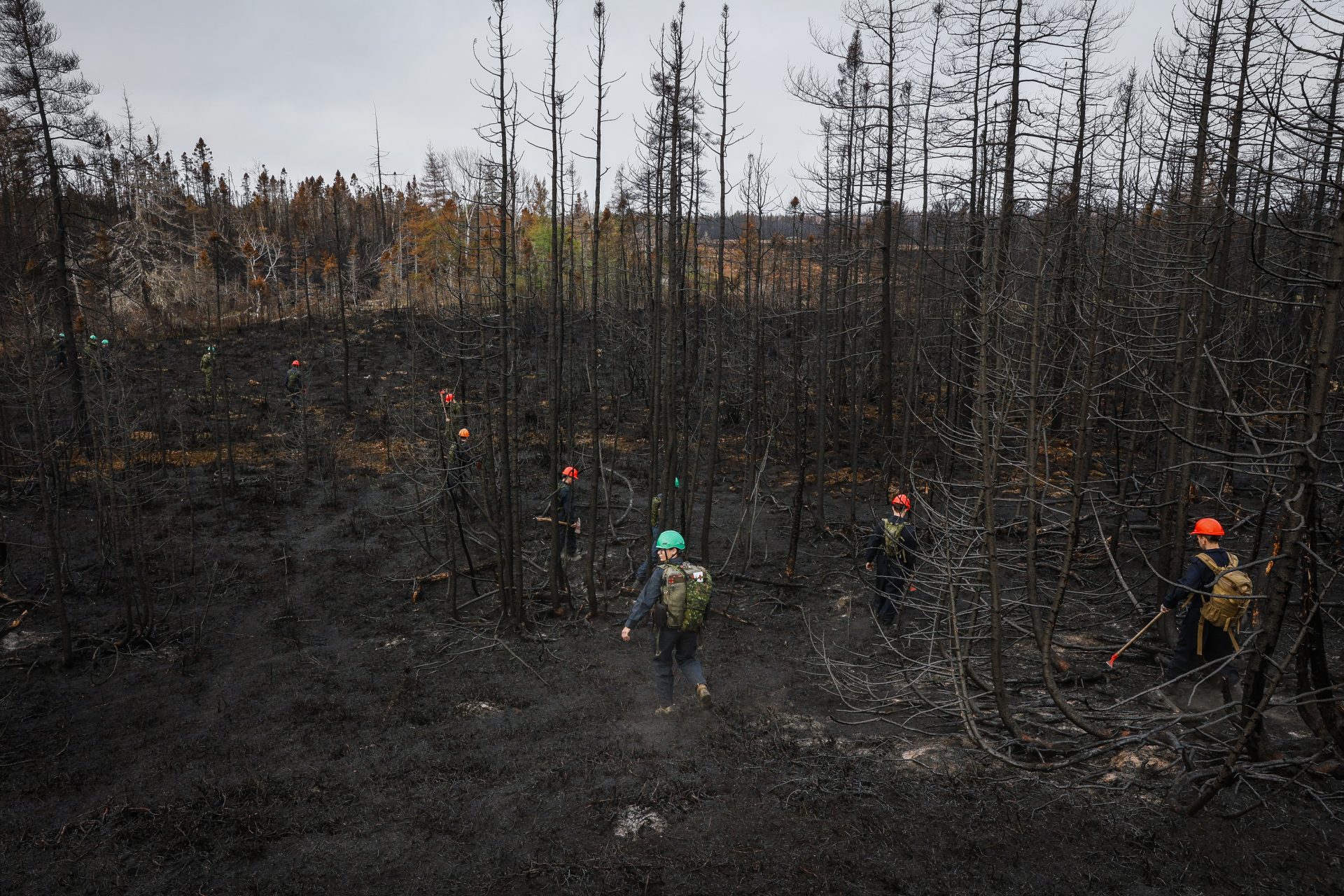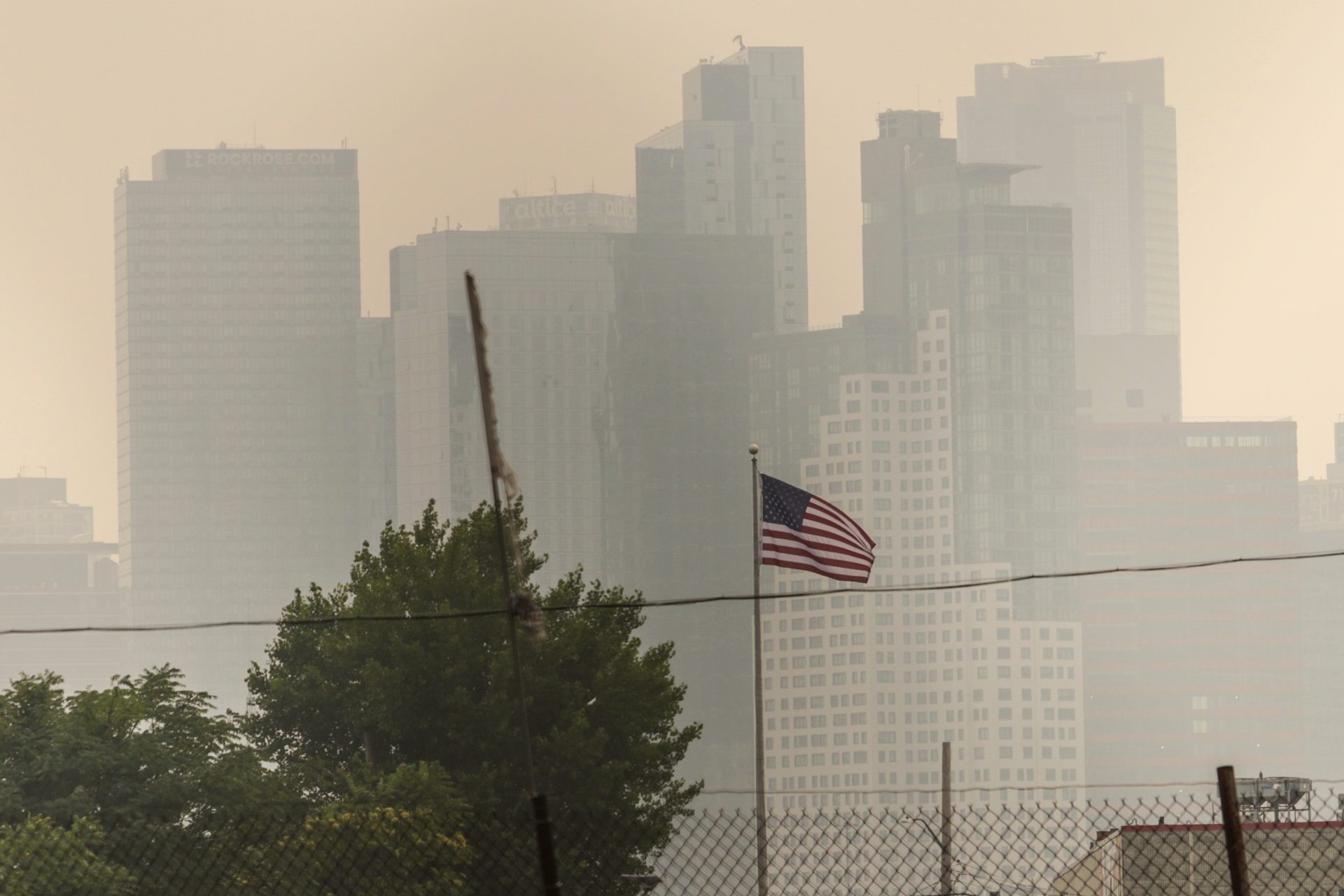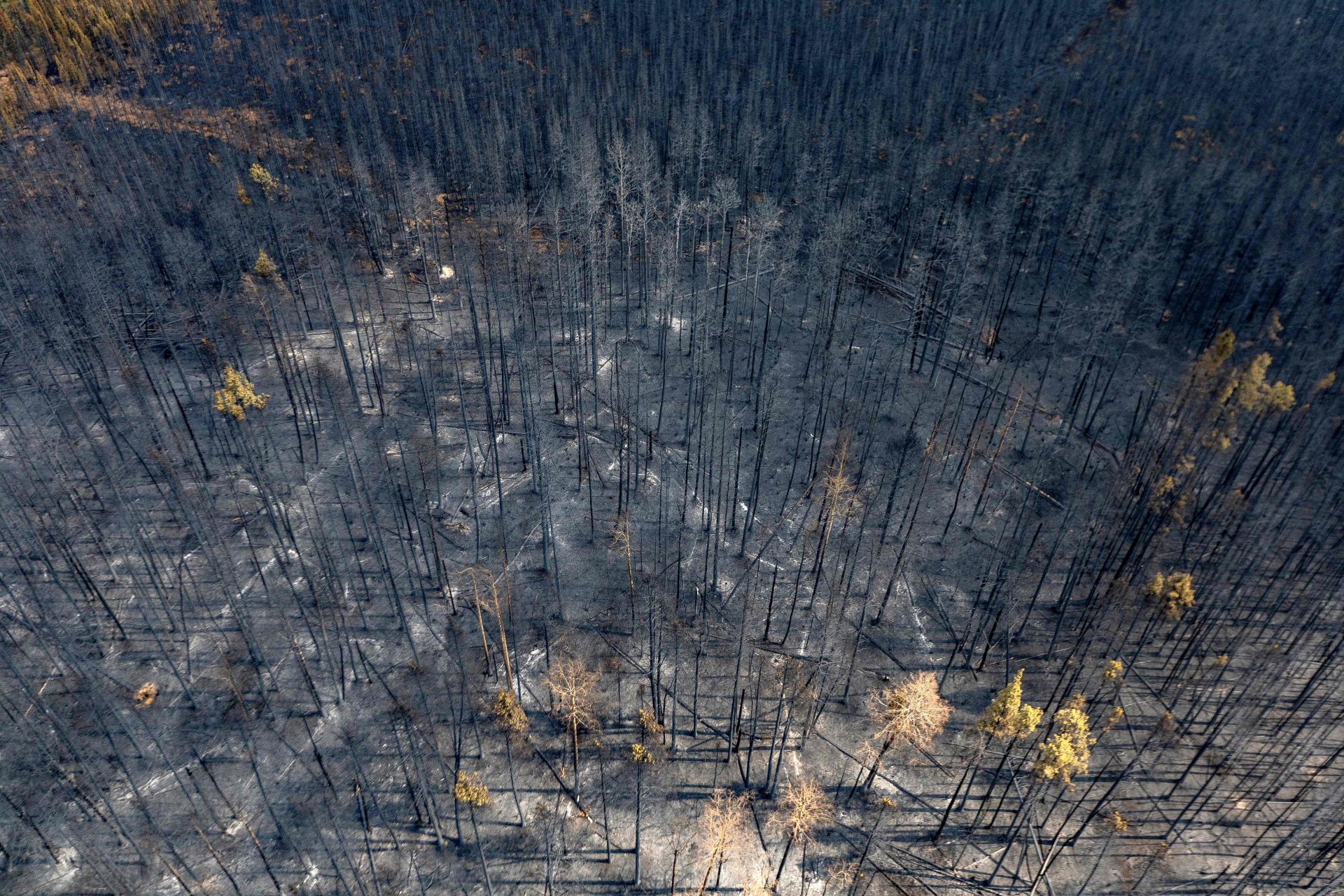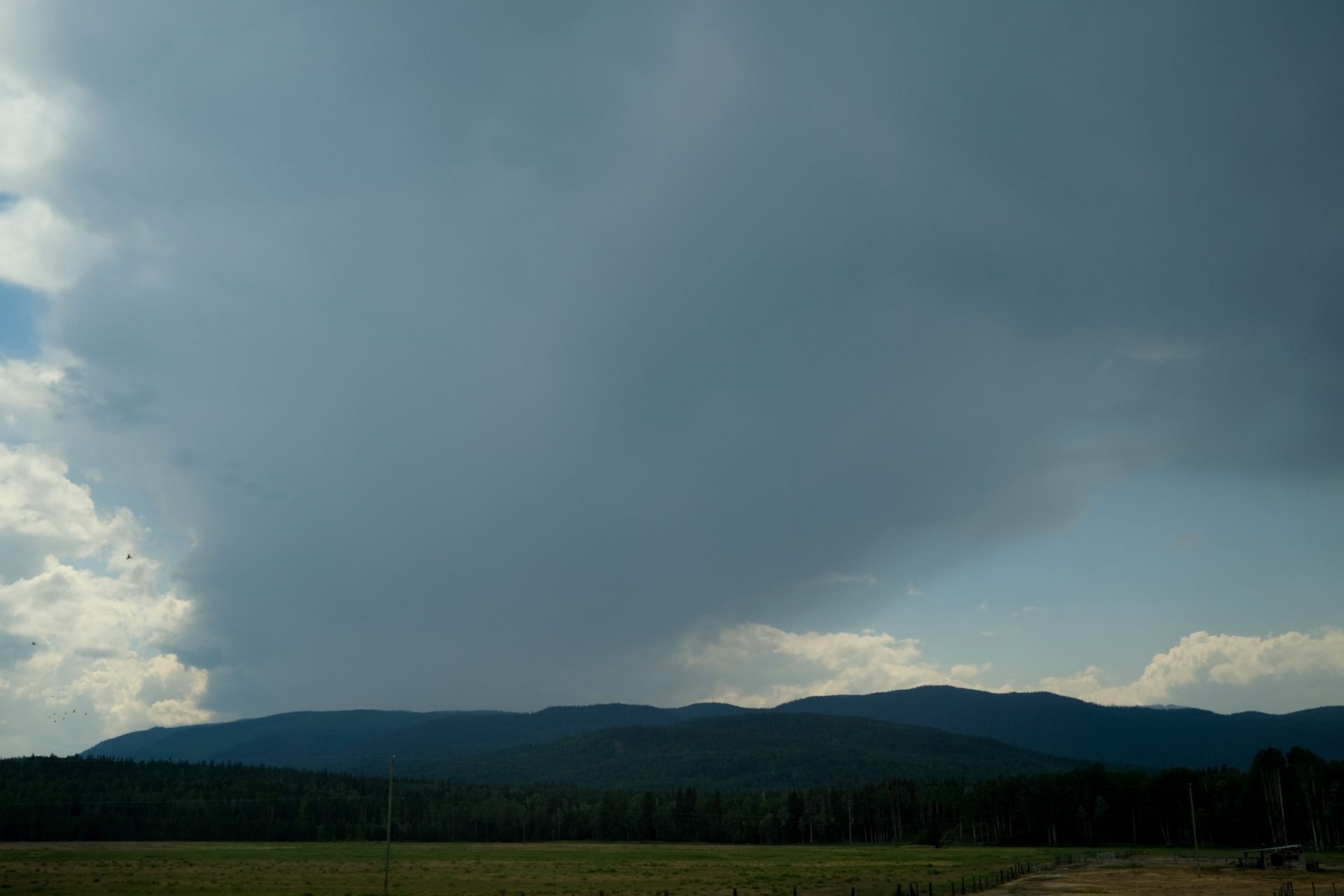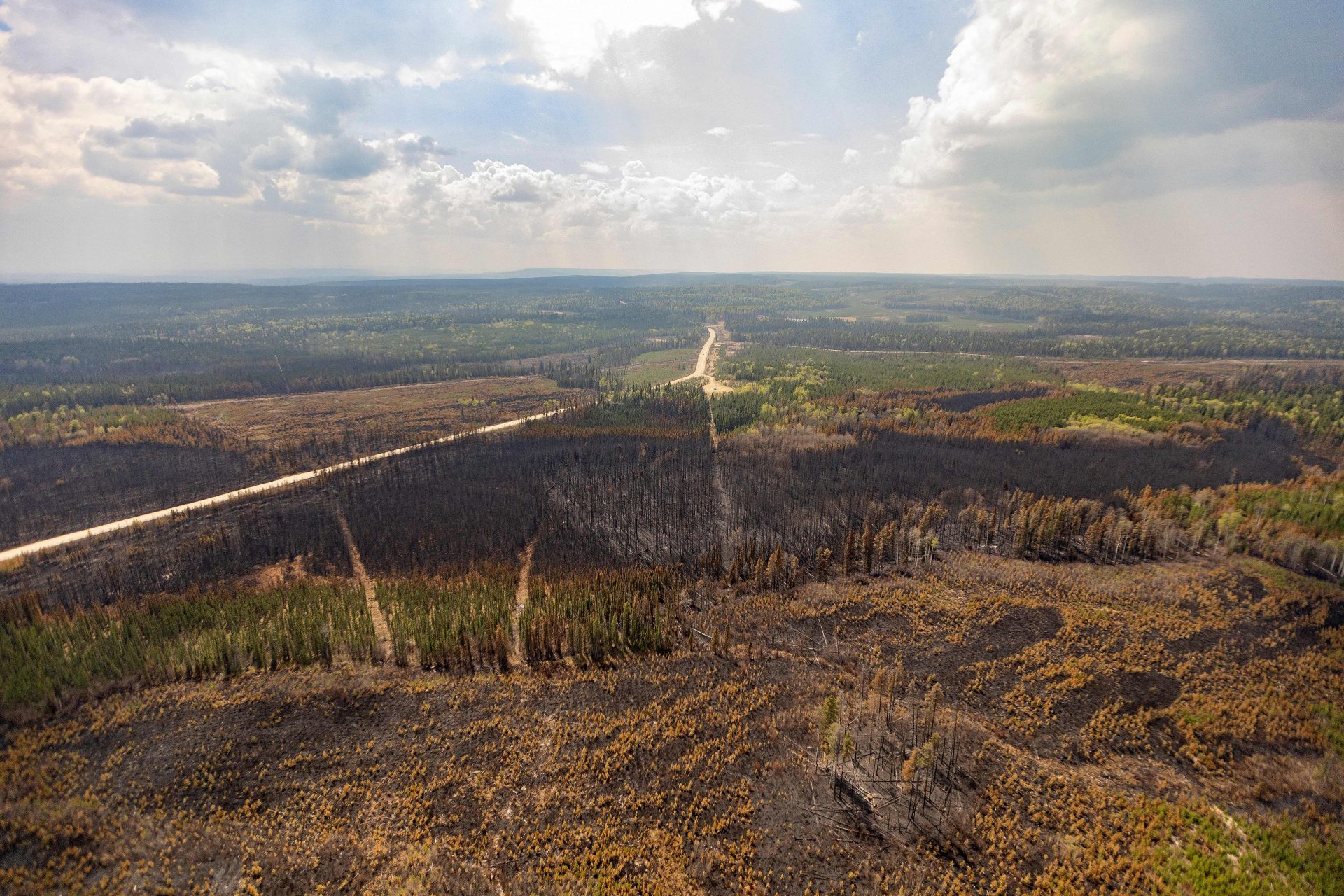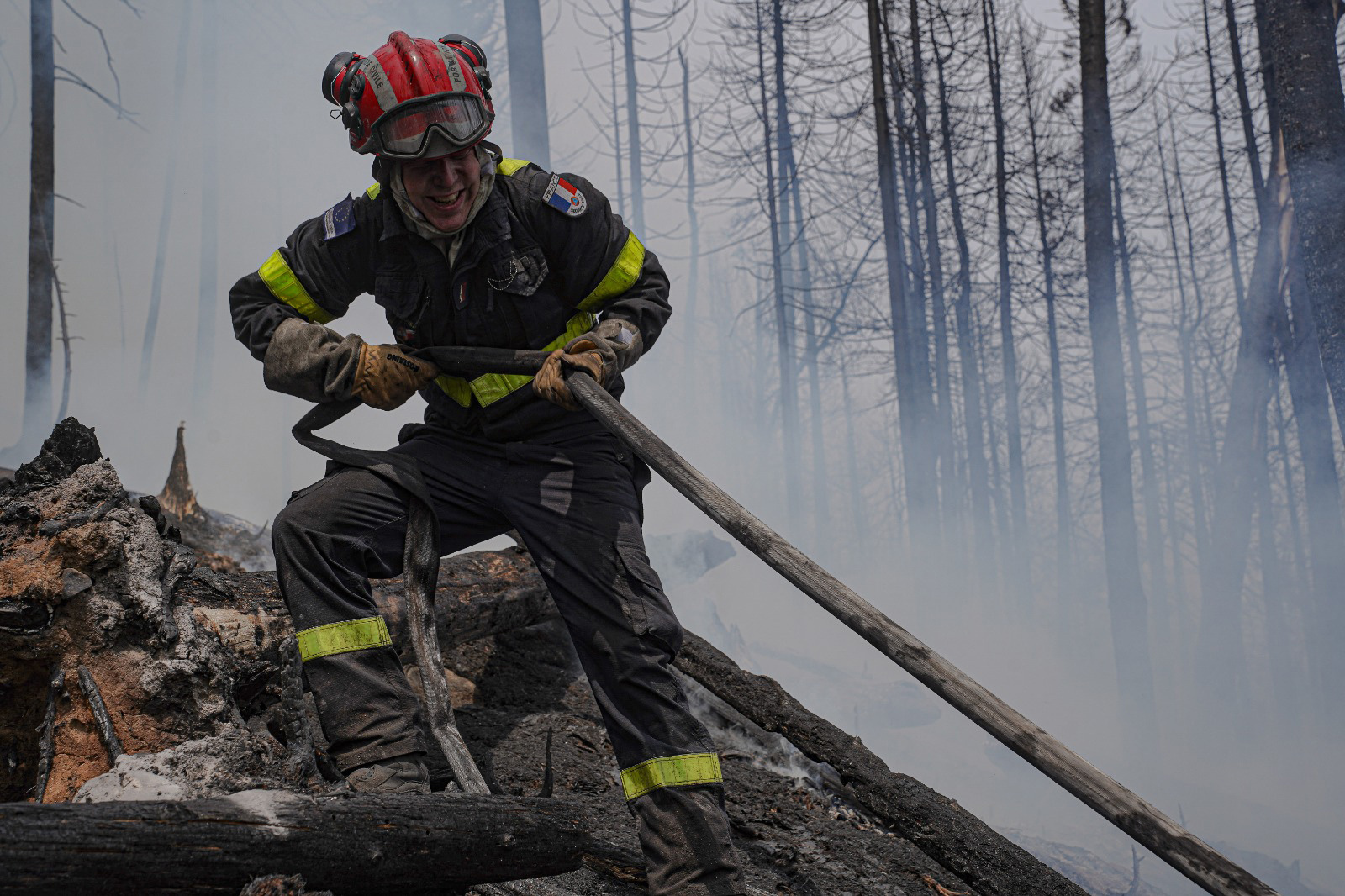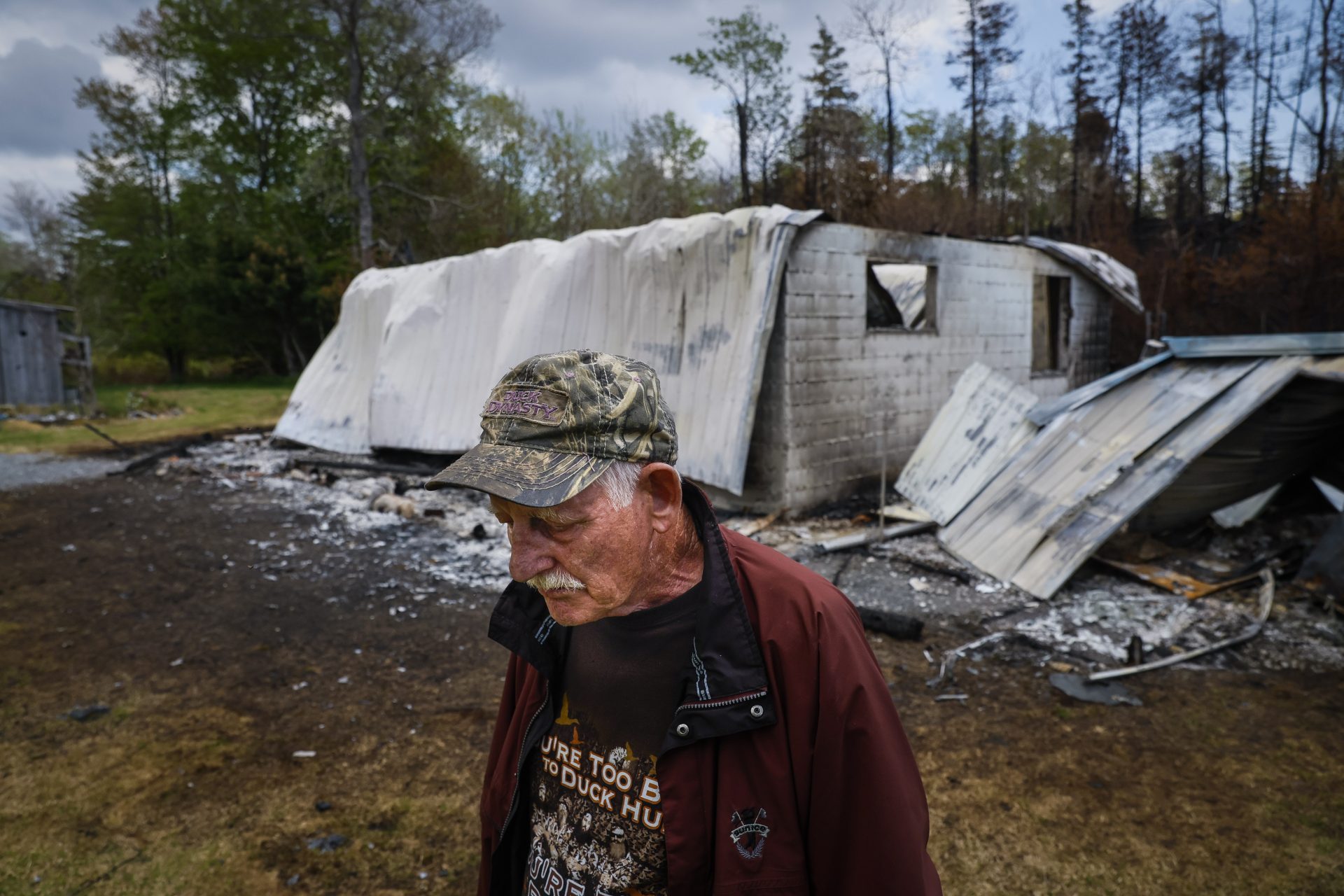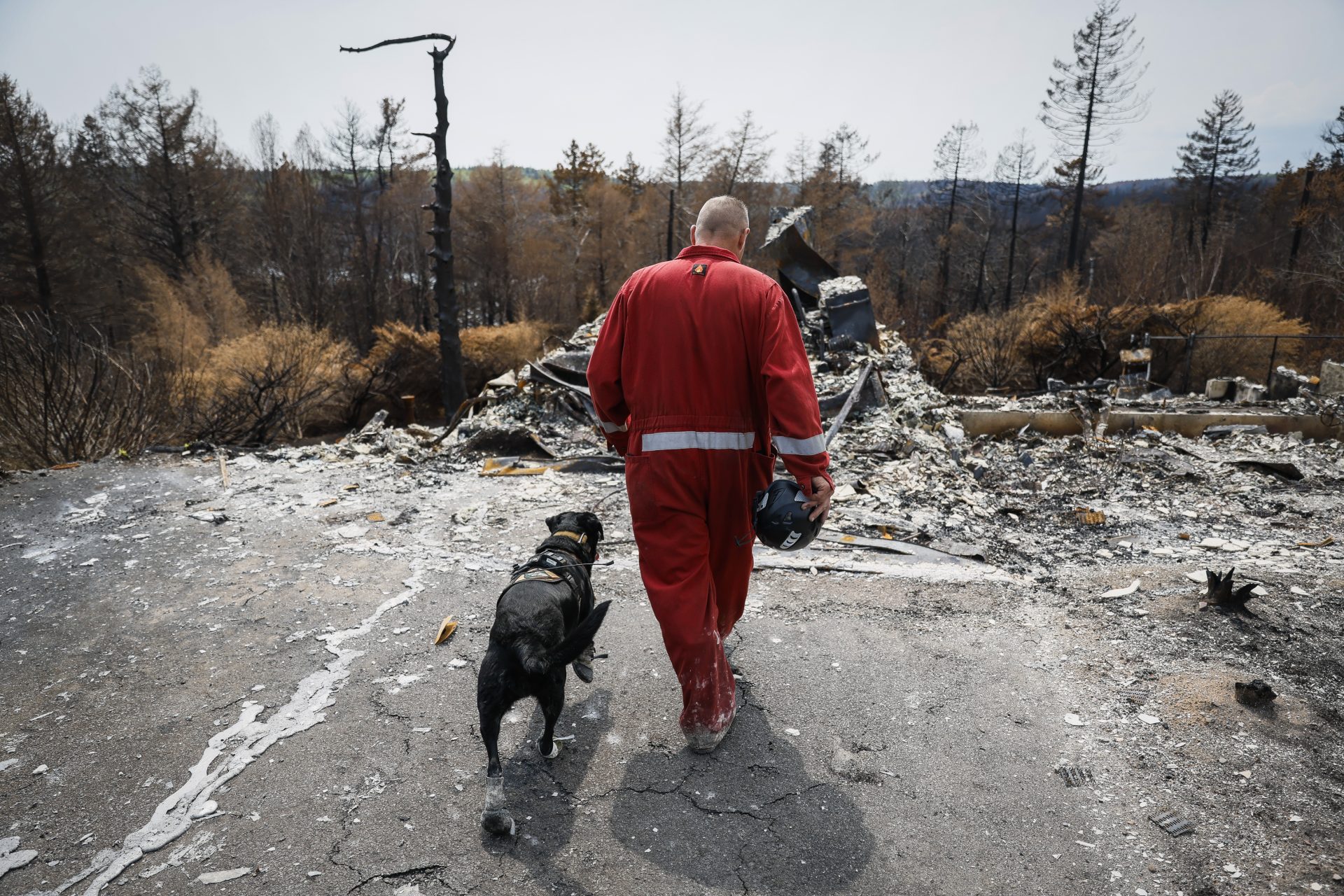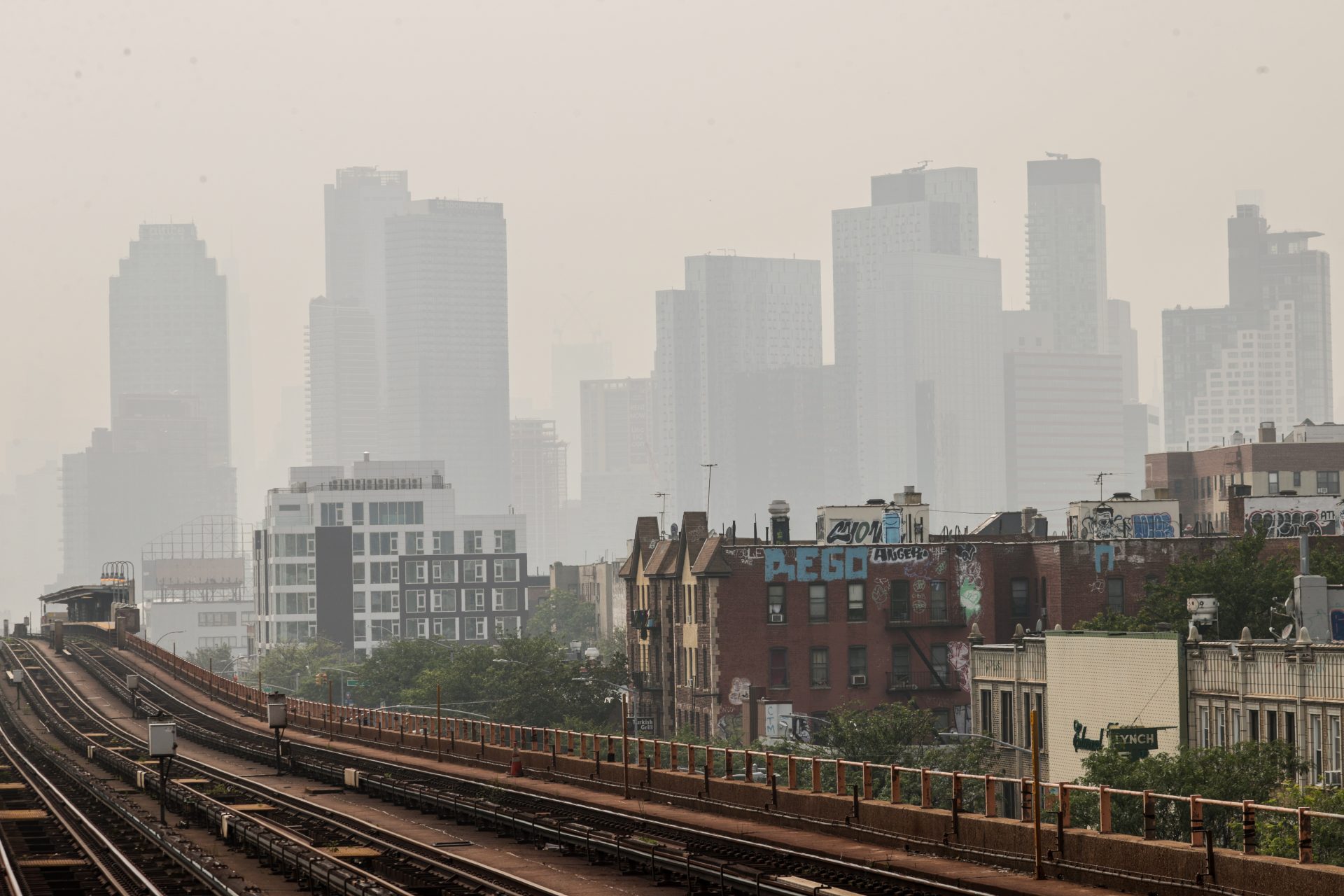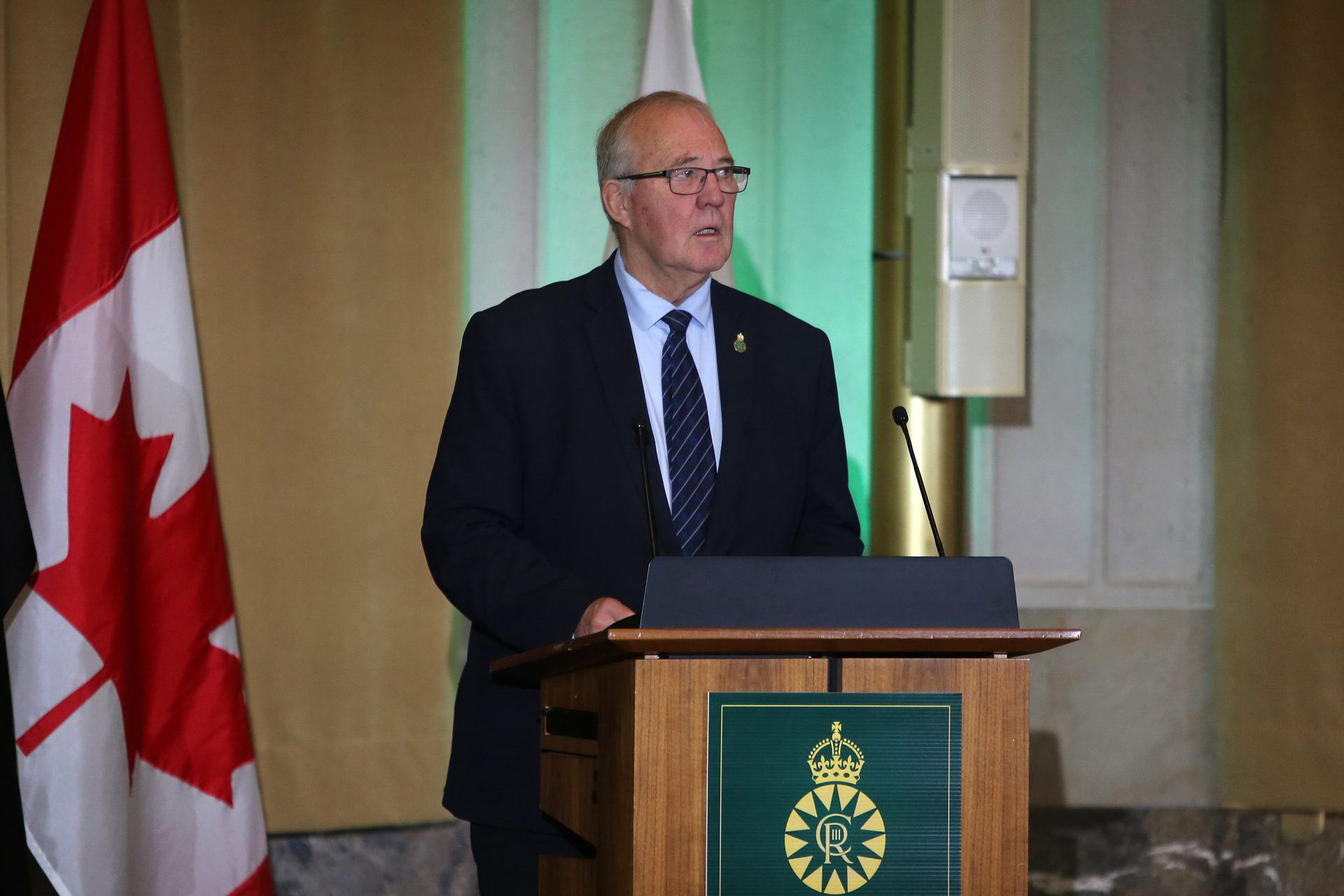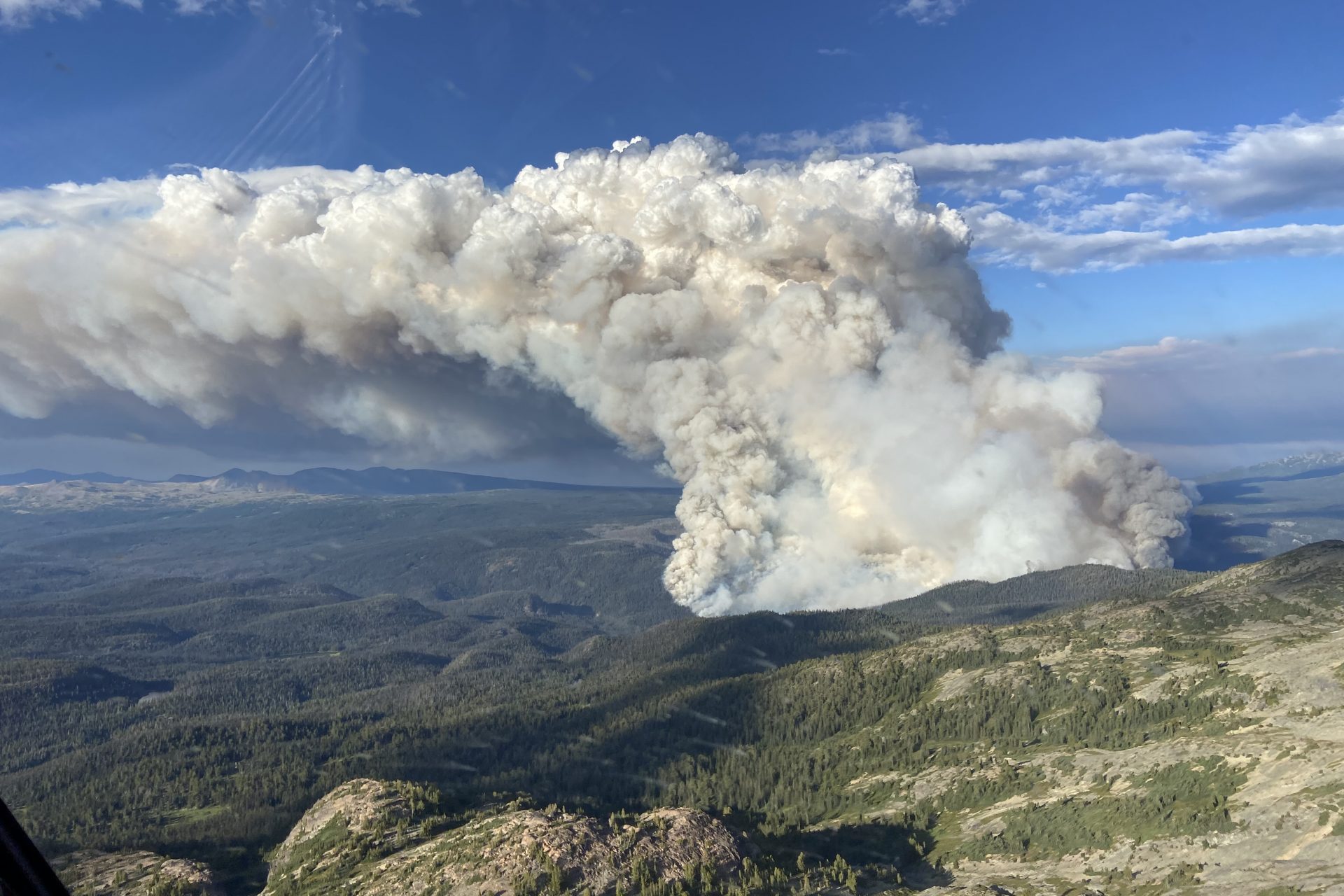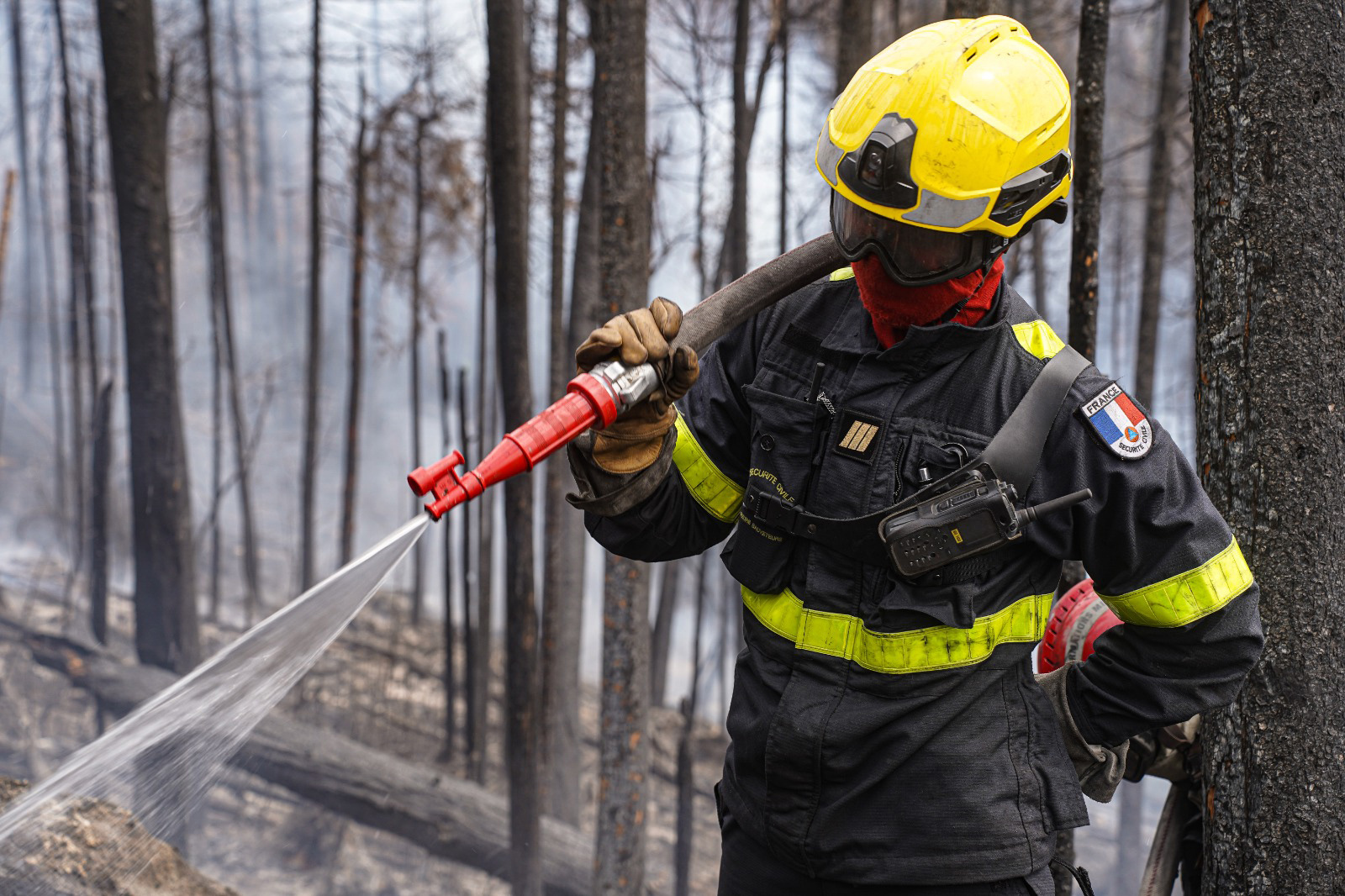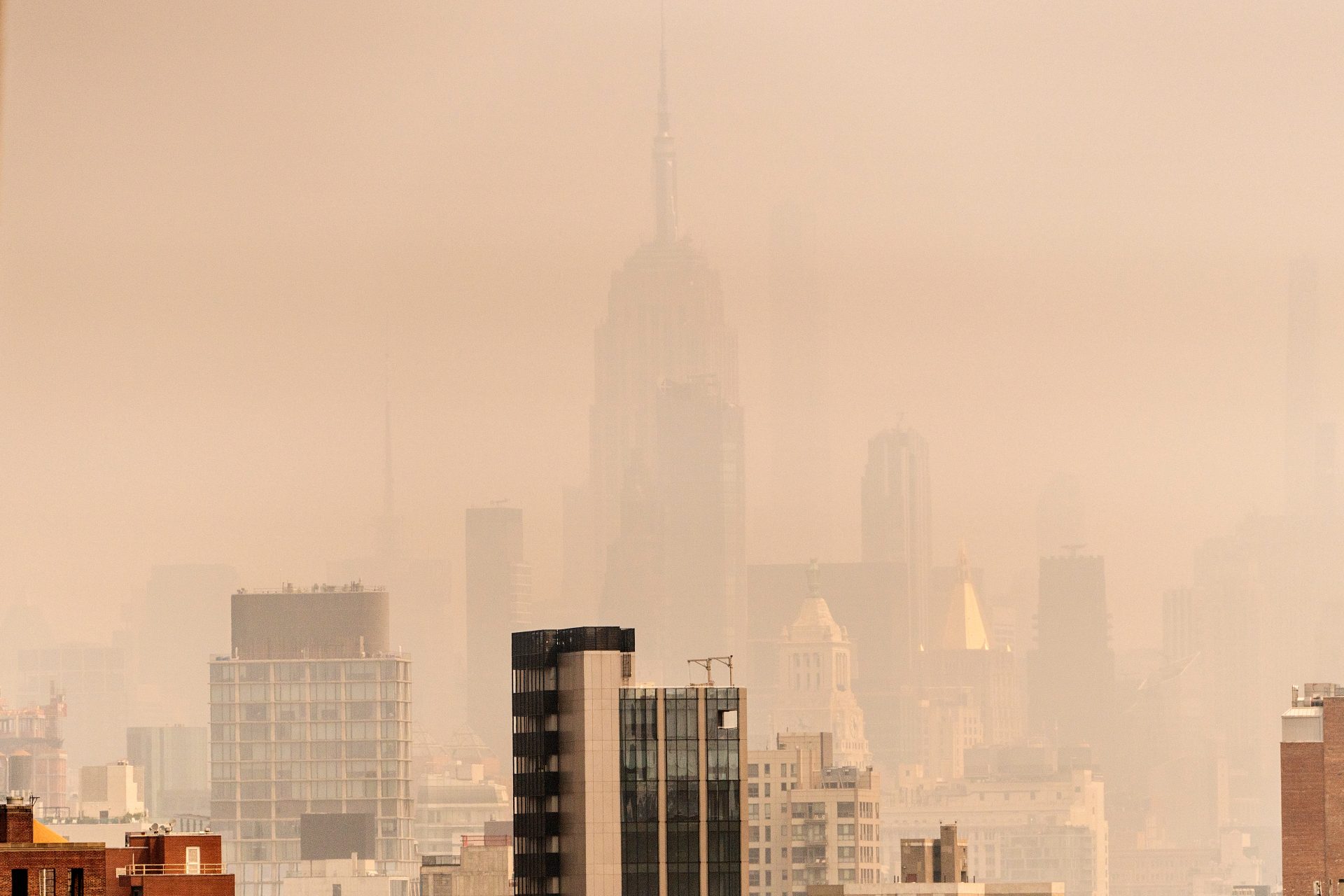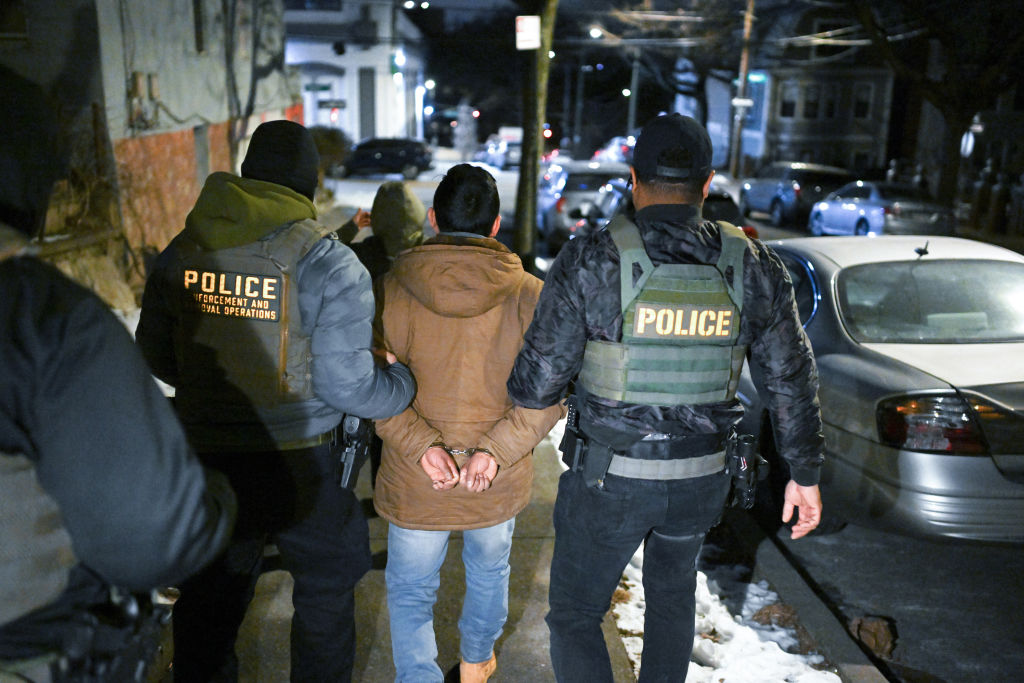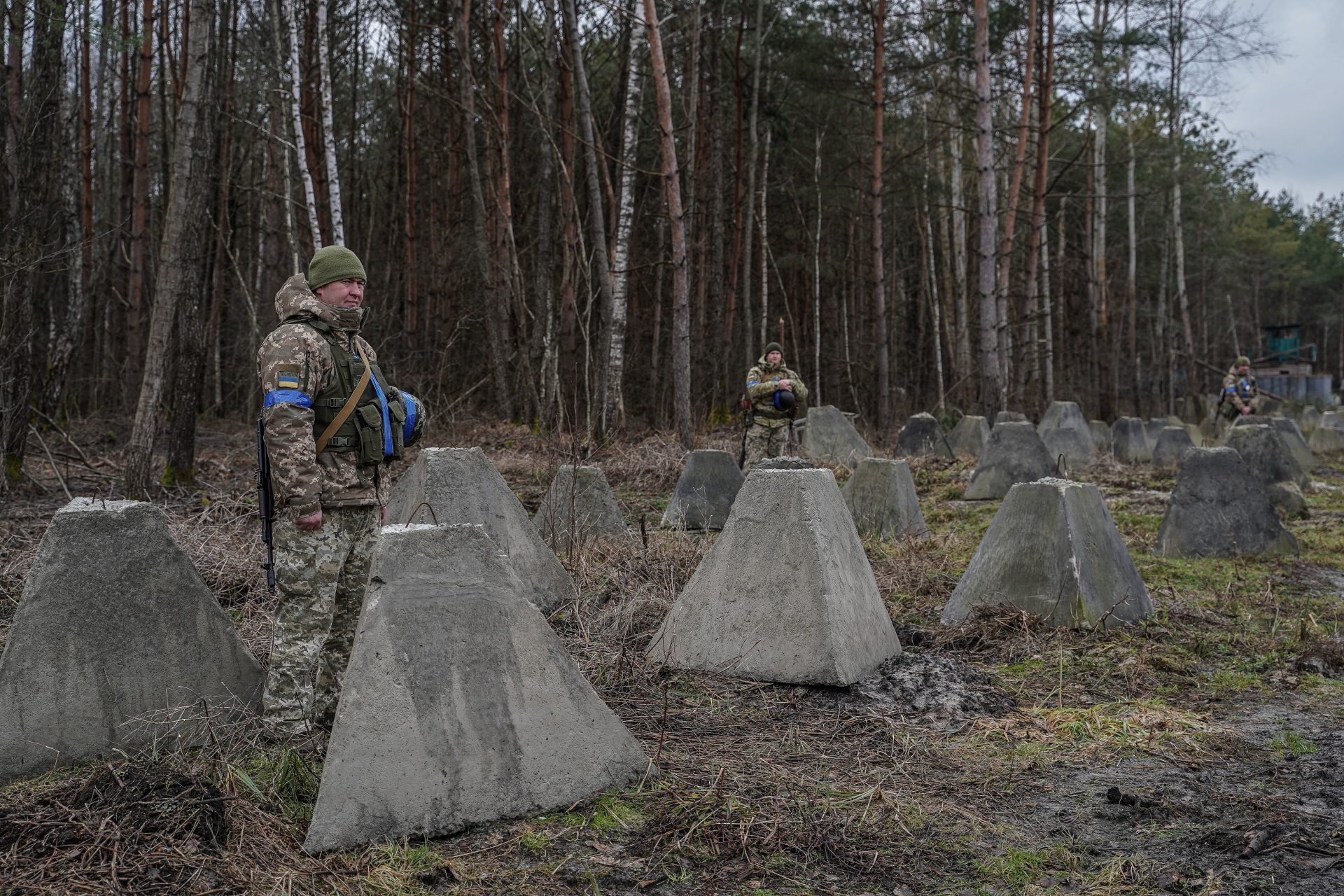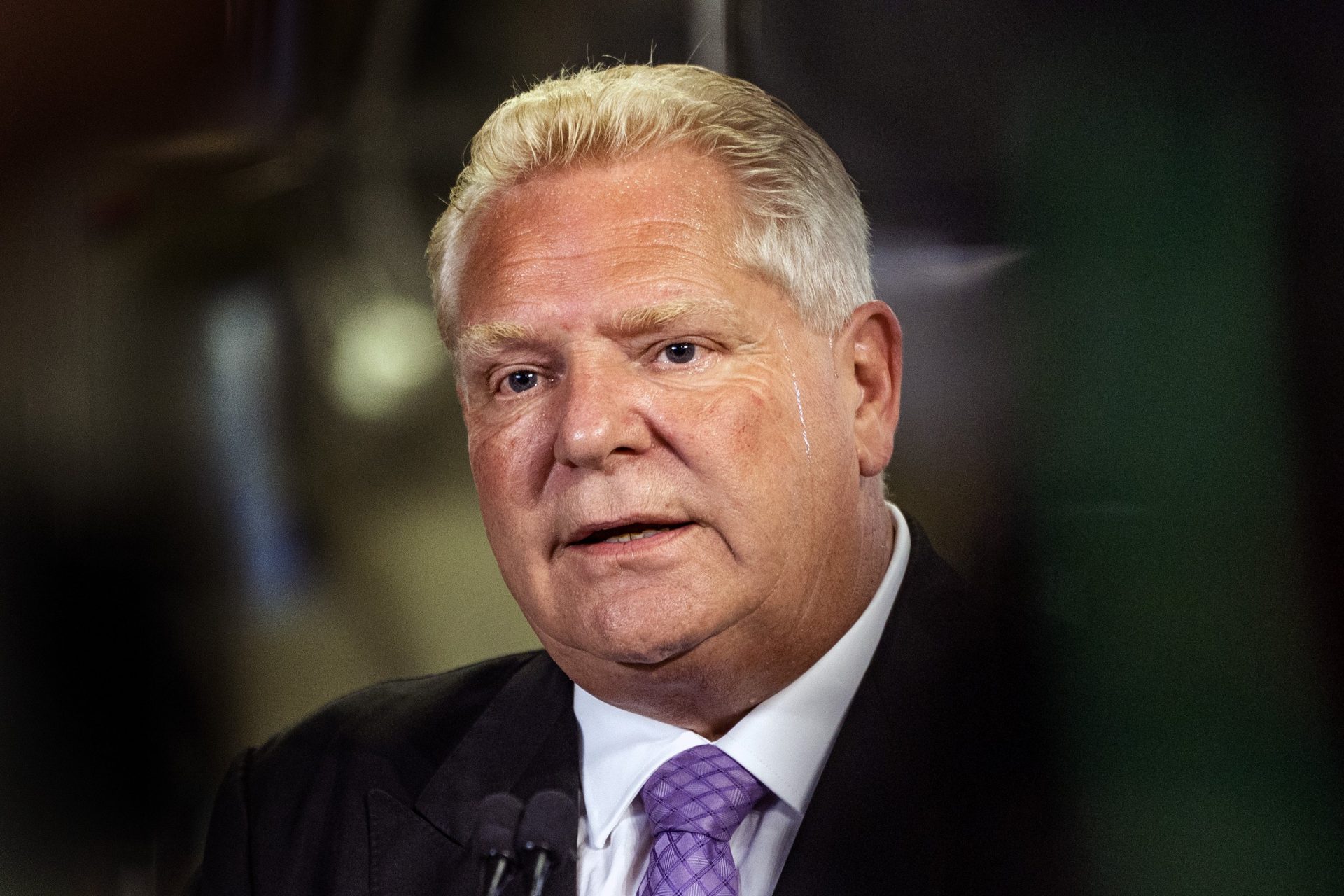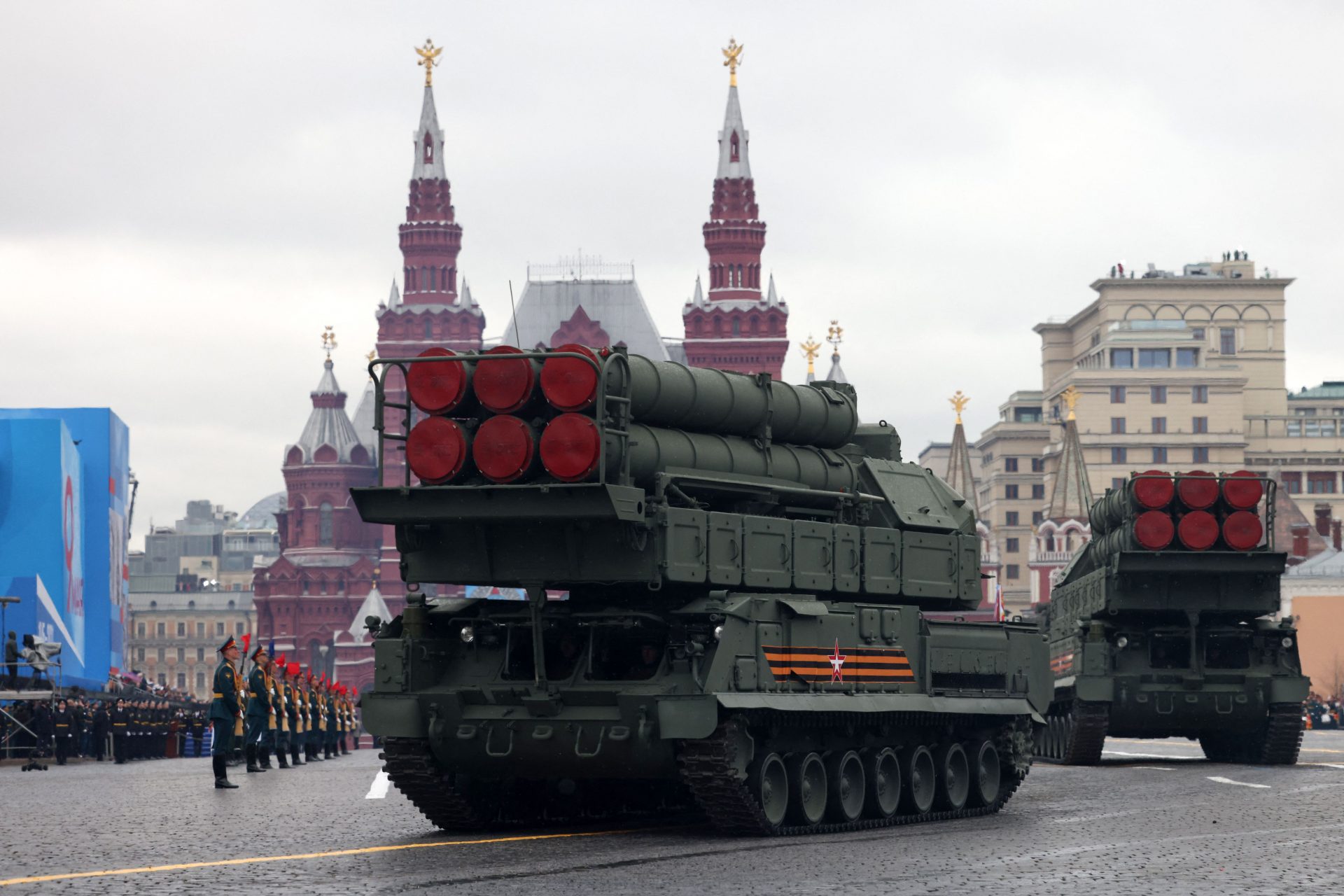Canada is living through a record-breaking fire season
Canada has been experiencing one of the worst wildfire seasons in the country’s history and new research from an intergovernmental group has revealed the cost of the flames.
The Canadian Interagency Forest Fire Centre (CIFFC) is a non-profit corporation that is operated by the country’s federal, provincial, and territorial fire management agencies.
CIFFC works with the various branches of the Canadian government to coordinate their responses to wildfires in the country and also fosters resource and information sharing.
The group's website is home to one of the most extensive wildfire tracking platforms and interactive maps in Canada, which records key data on what’s happening in the country.
Metrics can show which provinces or territories have the most difficulties at a given time while other stats show the number of active fires and how many are under control.
The website also records data on the area of land that has been burned in any given fire season and this year’s tracking shows Canada is experiencing its worst fire year ever.
Wildfires across the country have burned 10 million hectares or 25 million acres of land since the start of the fire seasons and this number is only expected to get worse soon.
“The stark milestone comes as the nation deals with its worst wildfire season on record,” Aaron D’Andrea of Global News, adding that the fire season lasted from April to September.
D’Andrea noted the previous record was set more than 30 years ago in 1989 when fires burned 7.6 million hectares or 18.8 million acres of land during that devastating season.
A separate Global News report noted government officials warned about the risks faced as Canada moved into the height of summer and said a global response was required.
“The firefighting effort has now truly become a global effort.” Global News quoted one of the officials as saying about what was needed to combat fires raging across the country.
Drought conditions and temperatures far exceeding the norm were given as reasons for the unprecedented wildfire season at that time and things have only gotten worse since.
On July 6th, Emergency Preparedness Minister Bill Blair told reporters that the country would remain at high risk for even more wildfires in July according to Global News.
“I want to encourage all Canadians in high-risk areas to look out for one another,” Blair said to the press, “follow the guidance of your local authorities, and stay prepared.”
The Emergency Preparedness Minister went on to say the risk of fires was high, but that he wanted to “assure Canadians that there are sufficient resources to respond.”
As of July 17th, there were 882 active wildfires in Canada while the country experienced a total of 4152 fires since the beginning of the year, while that might seem like a lot its really not compared to the average year.
The average year sees about 8000 fires according to CTV News, so we still have a long way to go before things are over. Usually only 2.1 million hectares burn in an average year, which reveals just how bad things have already been.
More for you
Top Stories



